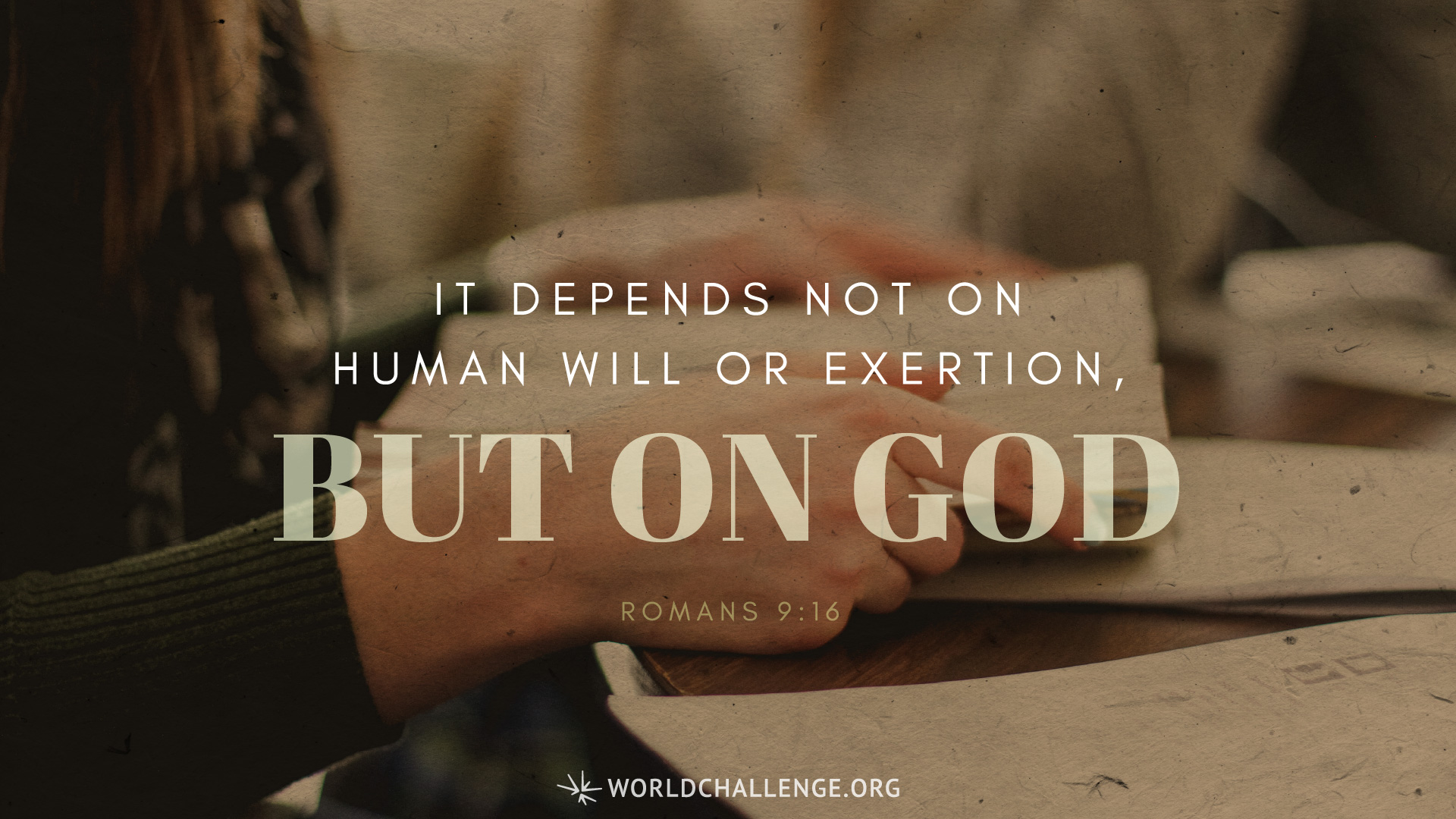Micah 7:19
He will again have compassion on us; he will tread our iniquities underfoot. You will cast all our sins into the depths of the sea.
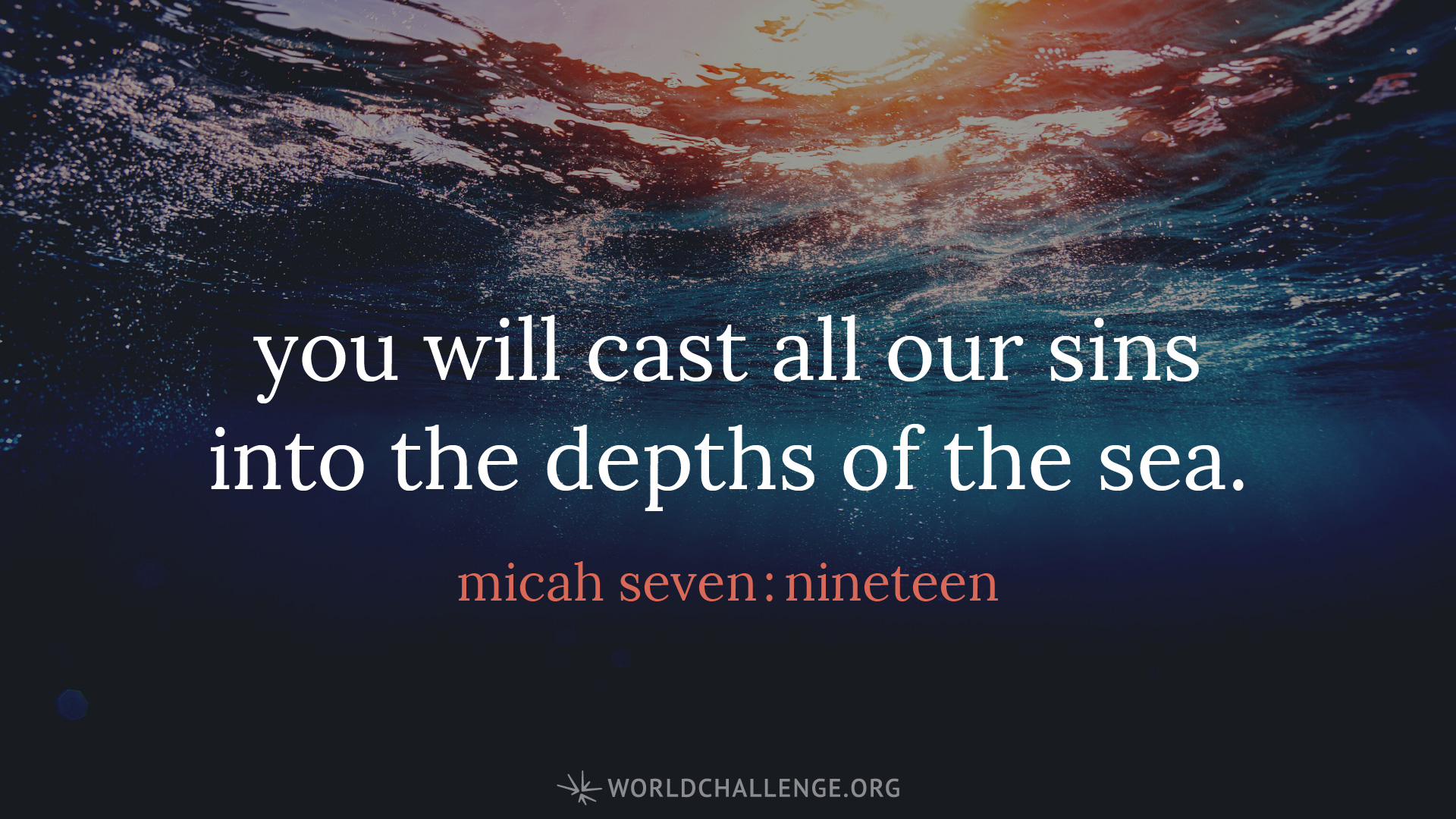
He will again have compassion on us; he will tread our iniquities underfoot. You will cast all our sins into the depths of the sea.

One time, a pastor friend of mine traveled up to Wyoming to go snowmobiling with two of his friends. They went back-country and were having a grand old time until they started to realize that all their landmarks were out of sight. They had no GPS signal and no compass.
Now this wasn’t the kind of lost where you just keep wandering until you find a road one or two hours later. This was the kind of lost where you spend the night huddled by a snowmobile with no gas left. This was a they’re-sending-in-helicopters-to-save-you kind of lost.
The steadfast love of the Lord never ceases; his mercies never come to an end.
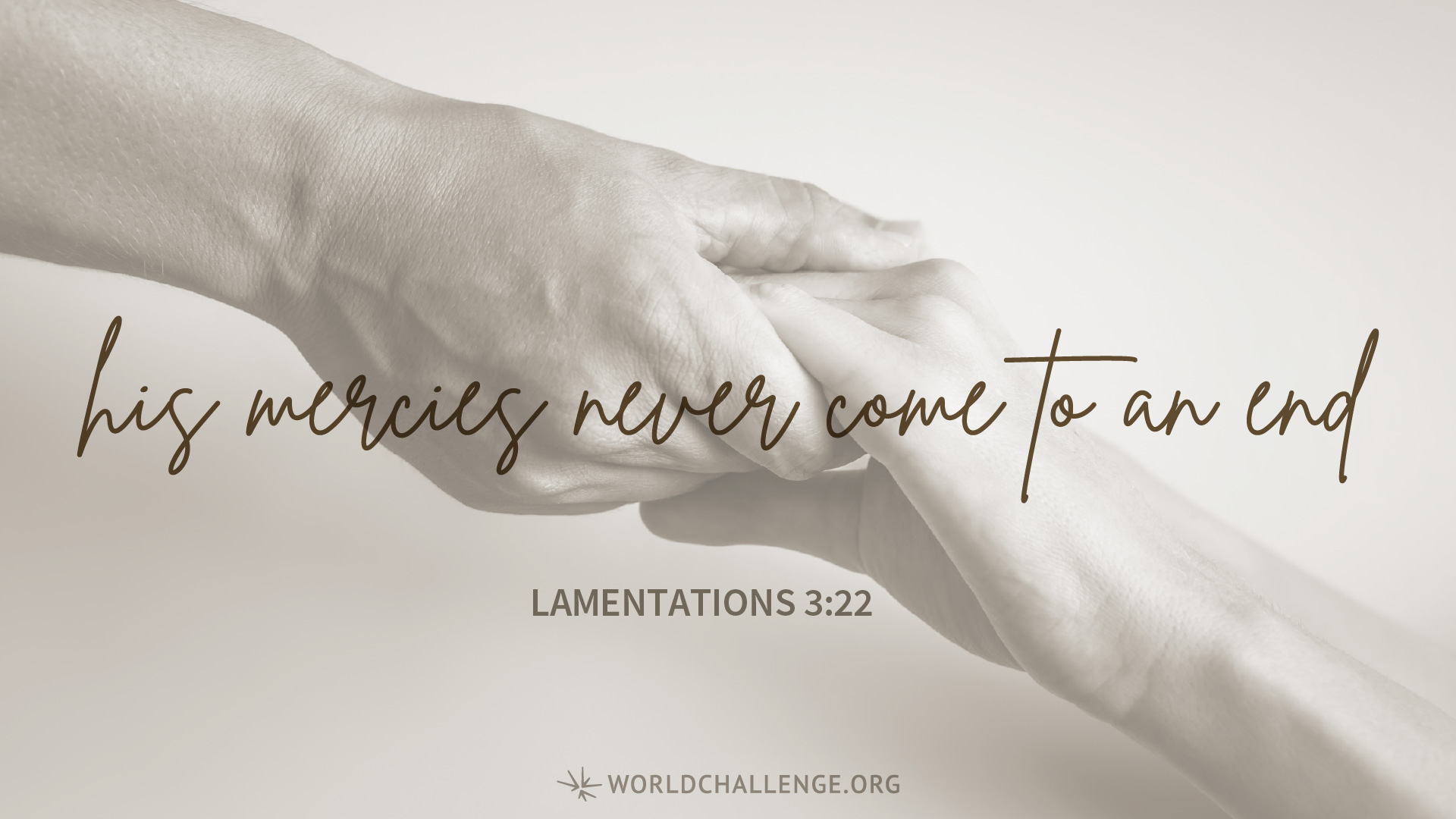
In ancient Israel, the ark of the covenant represented the mercy of the Lord, a powerful truth that came to be embodied in Christ. We are to receive his mercy, trust in the saving blood of his mercy, and be saved eternally. So, you can ridicule the law, you can mock holiness, you can tear down everything that speaks of God. But when you mock or ridicule God’s mercy, judgment comes—and swiftly. If you trample on his blood of mercy, you face his awful wrath.
Therefore the Lord waits to be gracious to you, and therefore he exalts himself to show mercy to you. For the Lord is a God of justice; blessed are all those who wait for him.
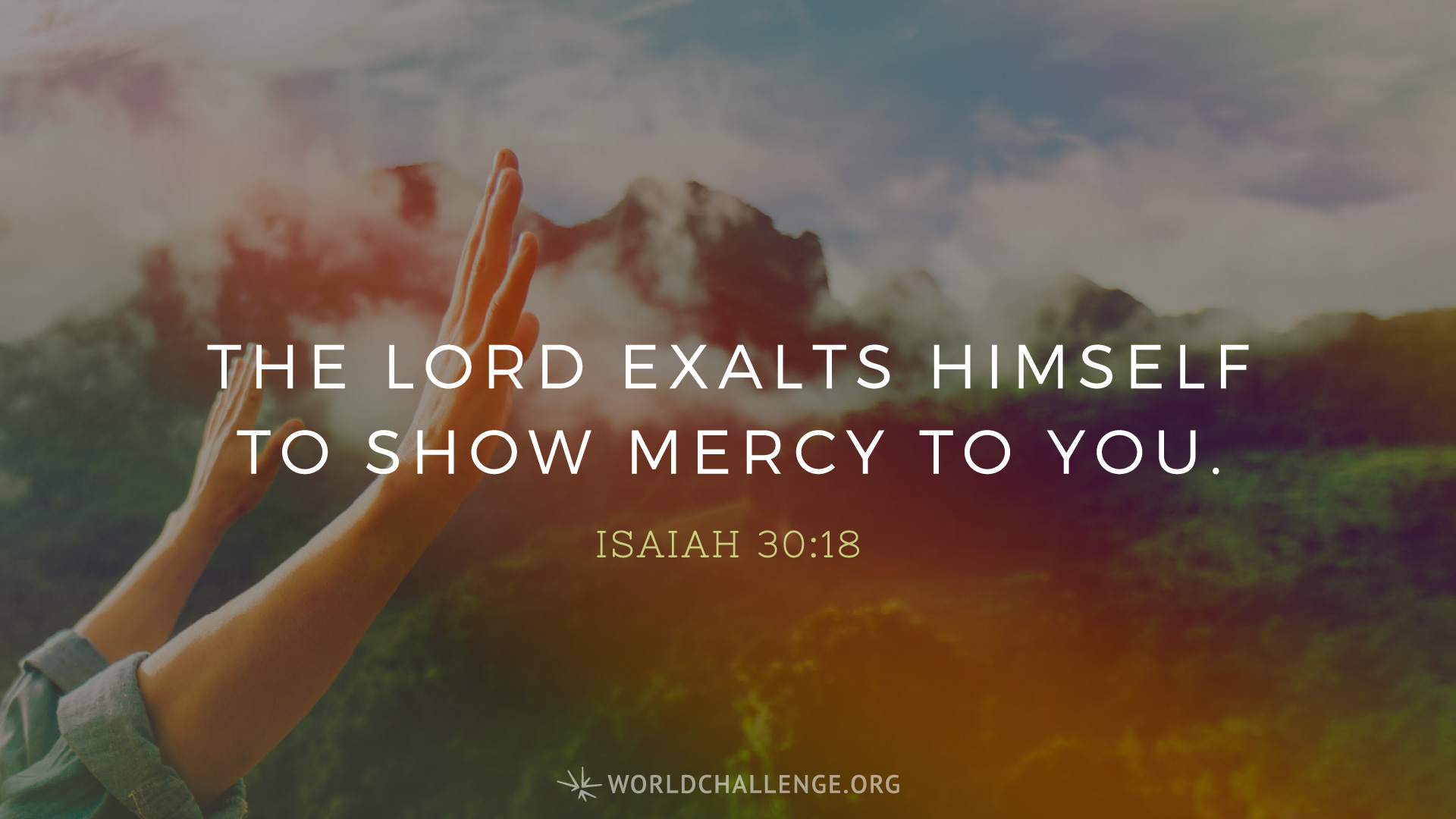
O my God, incline your ear and hear. Open your eyes and see our desolations, and the city that is called by your name. For we do not present our pleas before you because of our righteousness, but because of your great mercy.
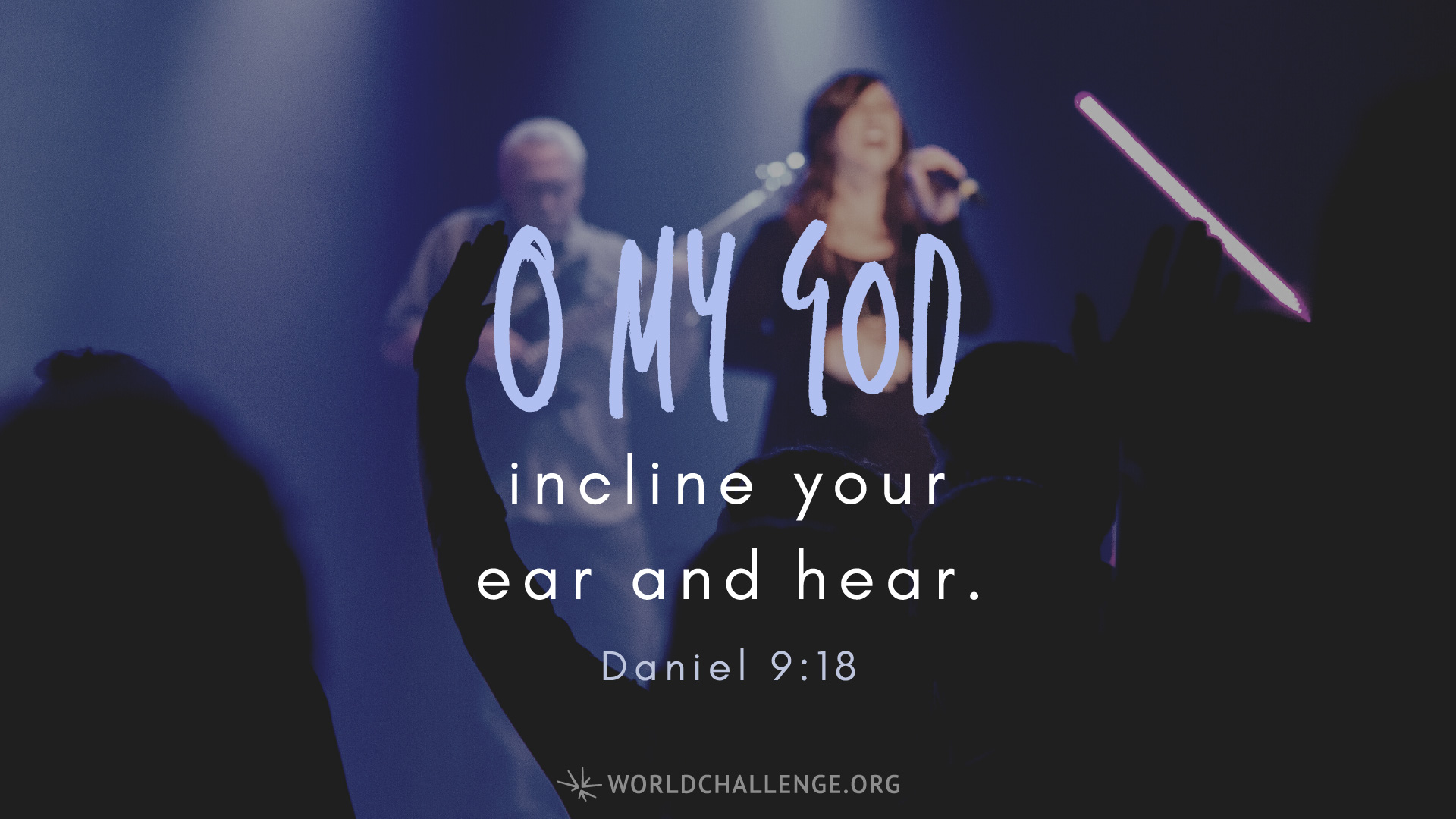
The Lord is gracious and full of compassion, slow to anger and great in mercy. The Lord is good to all, and His tender mercies are over all His works” (145:8-9).
If asked if you are a merciful person, you would probably answer, “I think I am merciful. To the best of my ability, I sympathize with those who suffer. I try to help others and when people hurt me, I forgive them and don’t hold a grudge.”
“A bruised reed He will not break” (Isaiah 42:3).
A reed is a tall stalk or plant with a hollow stem, usually found in marshy areas or near a supply of water. It’s a tender plant, so it bends easily when high winds or swift waters strike. Yet the reed can only bend so far before it finally breaks and is carried away with the flood.
Like a reed in calm weather, America once stood proud and tall, full of purpose and promise. Our entire society honored God, and the Bible was held up as the standard for our laws and judicial system.
But you are a chosen race, a royal priesthood, a holy nation, a people for his own possession, that you may proclaim the excellencies of him who called you out of darkness into his marvelous light. Once you were not a people, but now you are God's people; once you had not received mercy, but now you have received mercy.
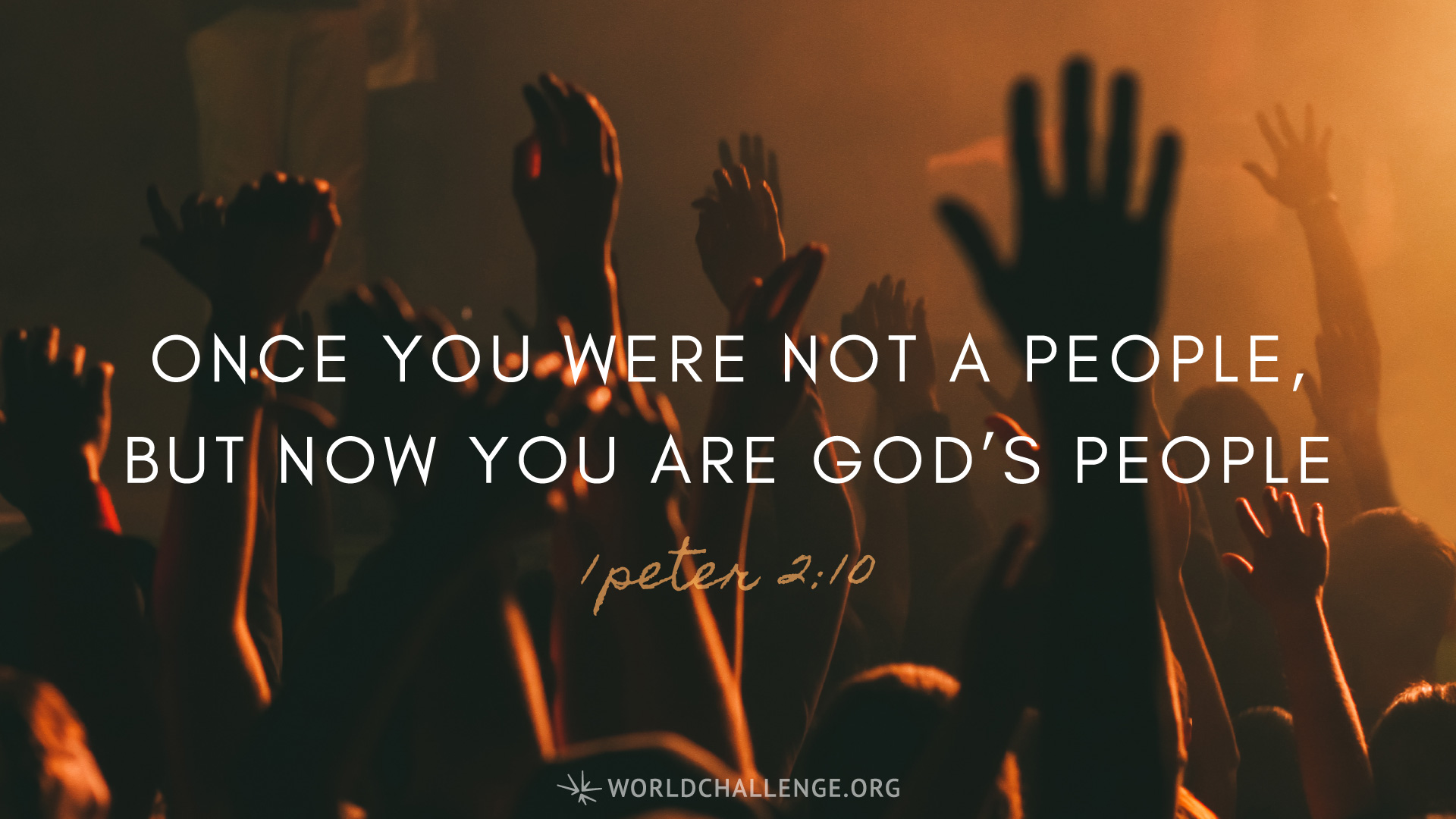
So then it depends not on human will or exertion, but on God, who has mercy.
